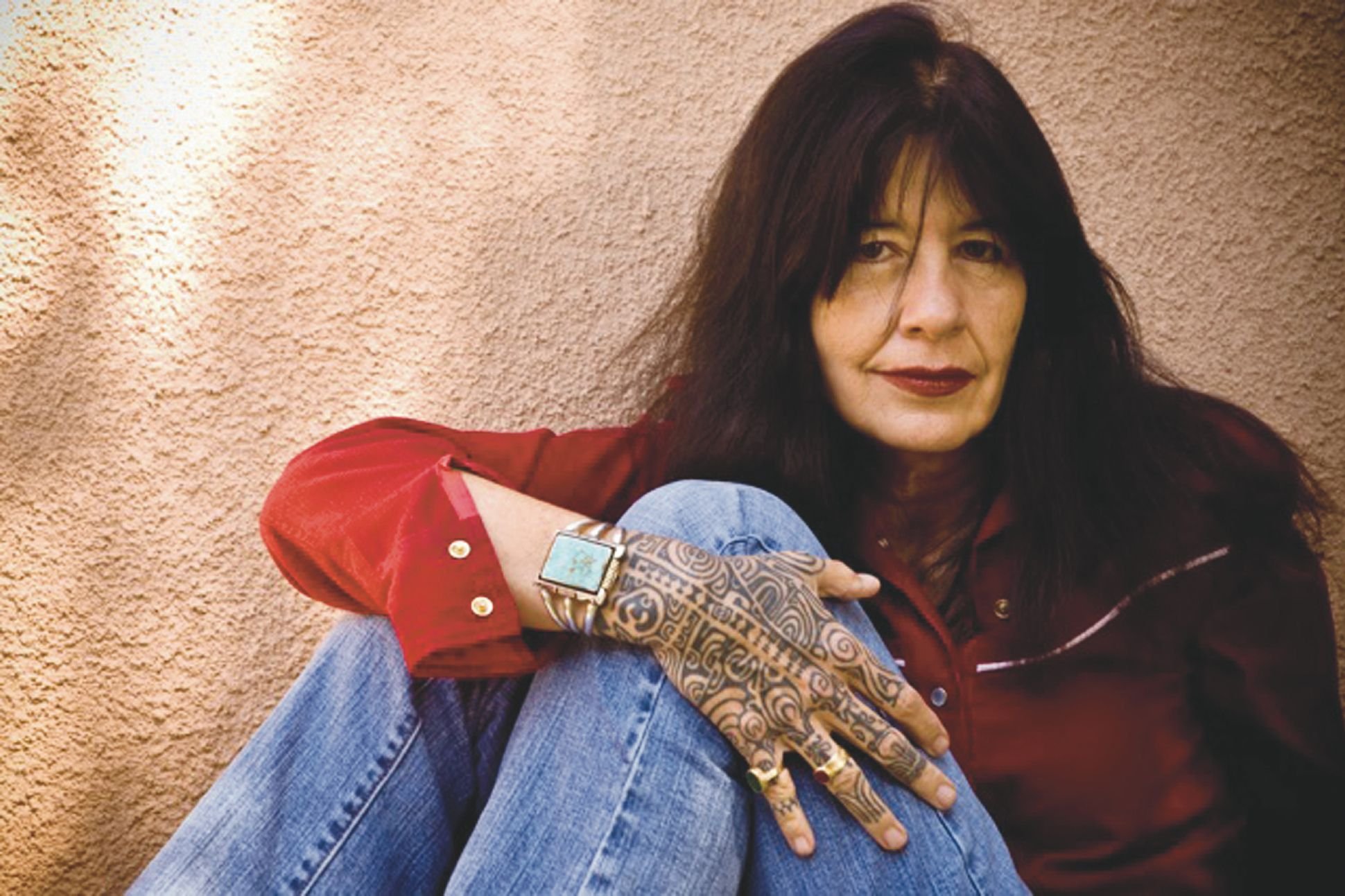Perhaps the World Ends Here
The world begins at a kitchen table. No matter what, we must eat to live.
The gifts of earth are brought and prepared, set on the table.
So it has been since creation, and it will go on.
We chase chickens or dogs away from it. Babies teethe at the corners.
They scrape their knees under it.
It is here that children are given instructions on what it means to be human.
We make men at it, we make women.
At this table we gossip, recall enemies and the ghosts of lovers.
Our dreams drink coffee with us as they put their arms around our children.
They laugh with us at our poor falling-down selves and as we put ourselves
back together once again at the table.
This table has been a house in the rain, an umbrella in the sun.
Wars have begun and ended at this table. It is a place to hide in the
shadow of terror. A place to celebrate the terrible victory.
We have given birth on this table, and have prepared our parents
for burial here.
At this table we sing with joy, with sorrow. We pray of suffering and remorse.
We give thanks.
Perhaps the world will end at the kitchen table, while we are laughing and
crying, eating of the last sweet bite.
Joy Harjo, born in Tulsa, Oklahoma, and a member of the Muscogee (Creek) Nation, is a critically acclaimed poet, musician, and educator. She earned a BA from the University of New Mexico and an MFA from the Iowa Writers’ Workshop. Harjo's work draws on First Nation storytelling, feminist, and social justice traditions, often incorporating indigenous myths and values. Her poetry explores landscapes, memory, and survival. In 2019, she was named U.S. Poet Laureate.
Harjo’s numerous accolades include the Lifetime Achievement Award from the Native Writers Circle of the Americas, the Wallace Stevens Award, and the Ruth Lilly Prize in Poetry. She has also released four albums of original music, winning a Native American Music Award for Best Female Artist in 2009. Her memoir, Crazy Brave, won the 2013 PEN Center USA prize for creative nonfiction. Harjo’s work, rich in cultural memory and myth, remains a vital force in contemporary American poetry.

